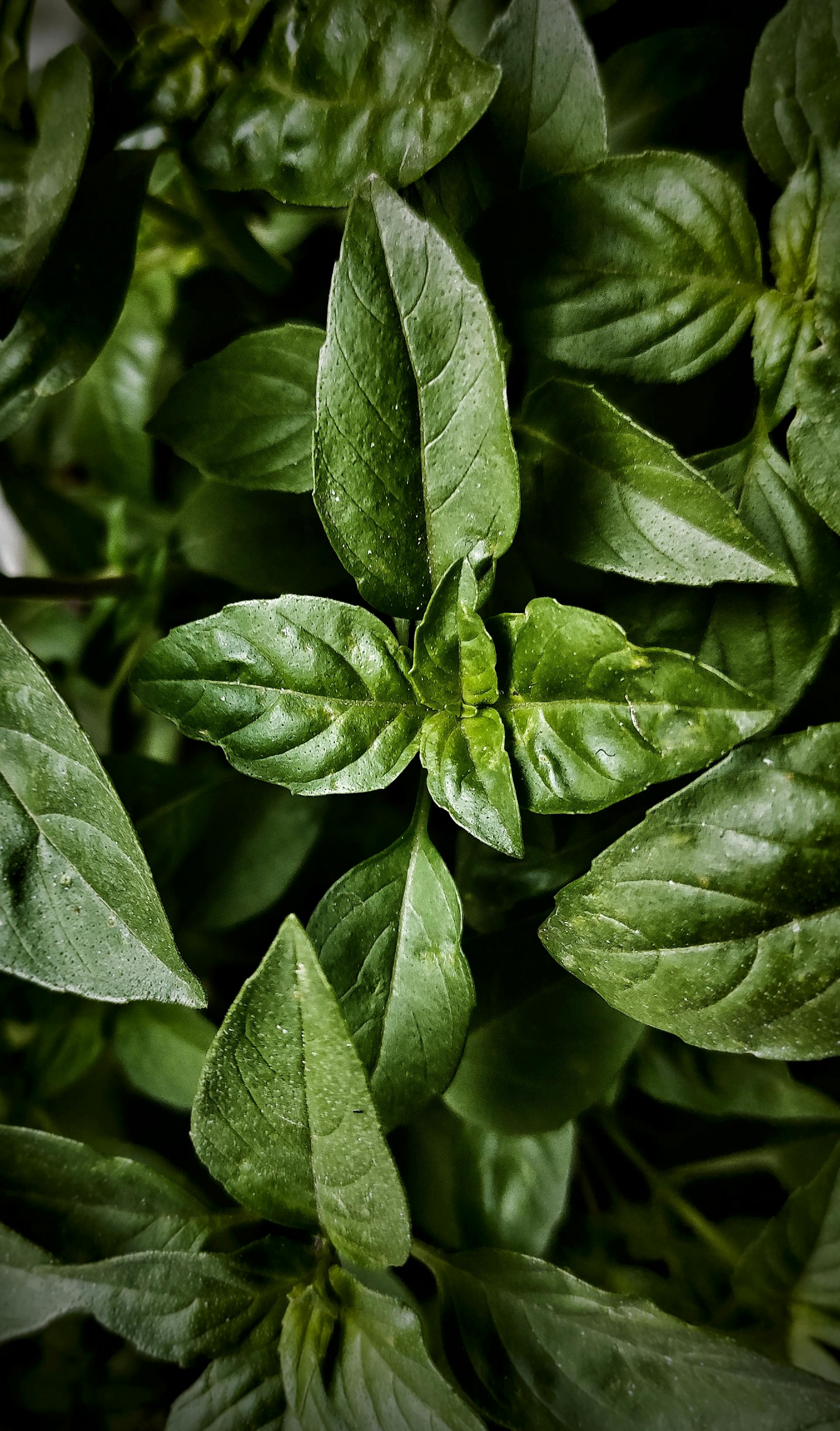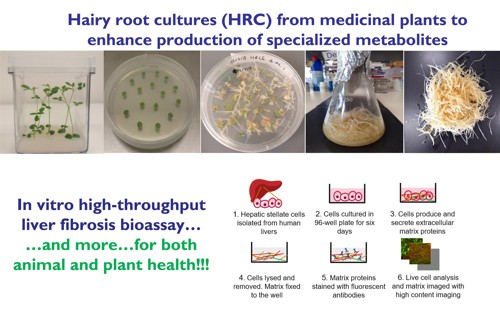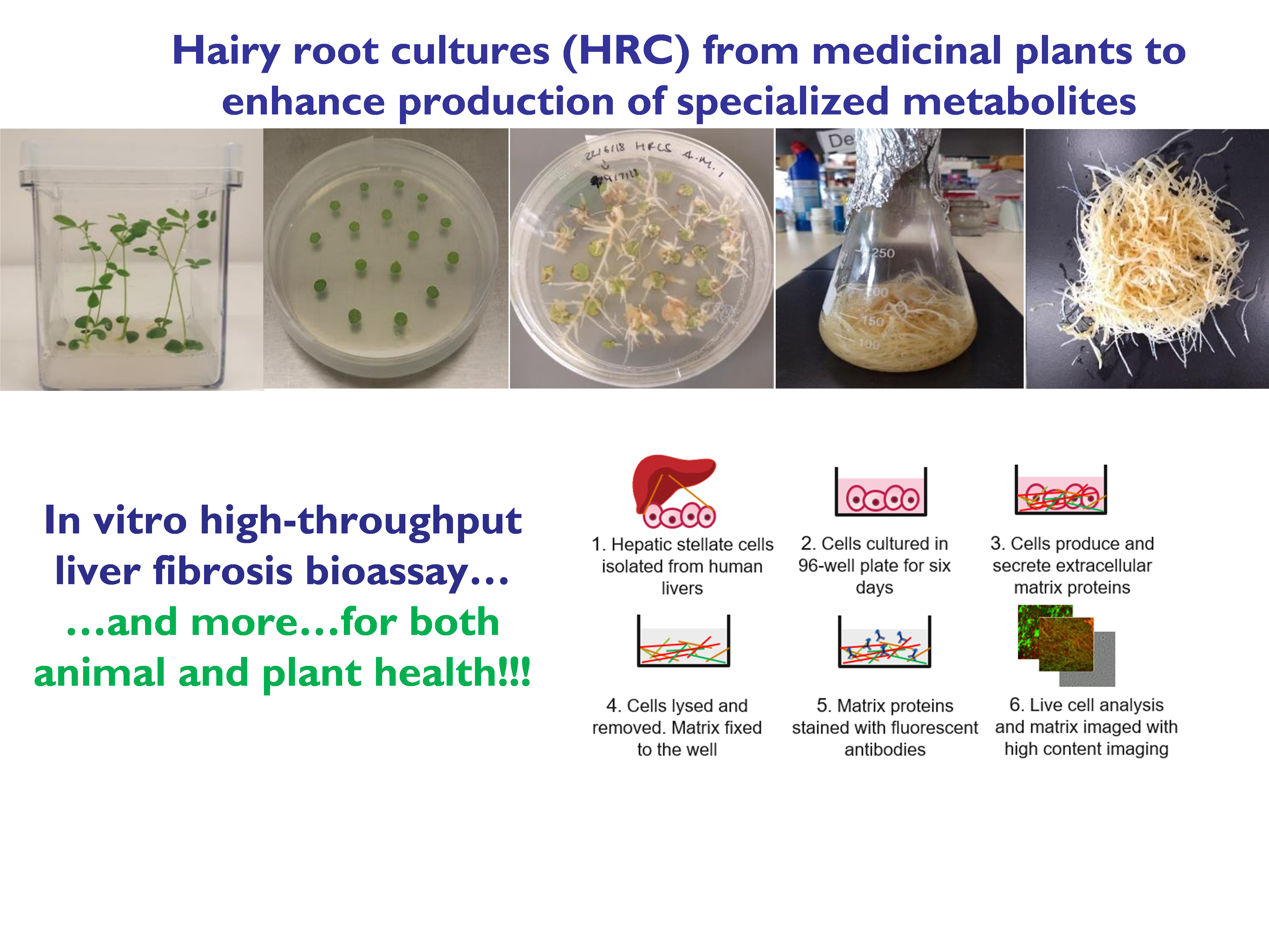New research led by Professor Alessandra Devoto reveals plant compounds in Green Basil and Astragalus hold the potential to treat liver fibrosis – often a precursor to incurable liver cirrhosis.

Plant compounds in Green Basil may hold the potential to treat liver fibrosis – often a precursor to currently incurable liver cirrhosis. (Photo by Sohail Nachiti / Pexels Image)
Professor Alessandra Devoto and her team from the Department of Biological Sciences at Royal Holloway have discovered antifibrotic properties in plant compounds derived from Green Basil and Astragalus.
The study also introduced a faster, more sustainable extraction technique that preserves compound activity and enhances our understanding of lesser-known plant chemicals.
The findings, published by Current Plant Biology, suggest that root extracts from the plants could potentially play a leading role in combating liver fibrosis, a condition often precursory to fatal liver cirrhosis.
Liver cirrhosis, which currently has no cure, is responsible for more than 4,000 deaths a year in the UK, according to NHS Inform. With global cases projected to rise steadily through 2039 according to the global burden of disease study conducted in 2019, the need for innovative treatments has never been more urgent.
Working in collaboration with leading biopharmaceutical company UCBPharma and funded by the Biotechnology and Biological Sciences Research Council (BBSRC), the team developed a biotechnology platform using ‘hairy root cultures’ – a highly efficient system for producing natural chemicals with beneficial effects. These extracts were then tested on human liver cells in the lab.
The findings were striking: the plant compounds from both Green Basil and Astragalus significantly inhibited the early stages of liver fibrosis in vitro, as shown by the reduction in the buildup of Collagen Type I and Fibronectin - two main markers of fibrotic tissue - without harming healthy liver cells.
Unlike existing antifibrotic drugs like Nintedanib, these plant extracts showed a more precise effect by influencing cell growth and death, while leaving healthy liver cells unharmed.

Image credit: Dr Shannah Secret.
Professor Alessandra Devoto said: "In our journey to understand how nature can heal, we’ve discovered something truly hopeful: certain plant compounds in Green Basil and Astragalus may help prevent the onset of liver fibrosis, hence hold the therapeutic potential of treating liver fibrosis, which can silently progress to incurable liver cirrhosis.”
Currently, plant compounds are underused in medicine due to their low abundance and complex chemistry, though.
“We urge the need for a serious look at the therapeutic potential of plant compounds. To harness their full potential, we must improve cultivation and large-scale extraction methods,” Professor Devoto continued.
“This is an exciting step forward in exploring the amazing benefits of plant compounds and opens the door to even more wonderful discoveries to come. It’s not just about pesto!”
Dr Tom Crabbe, one of the leading biomedical researchers, added: “The results of our latest research are very exciting and reveal that compounds of the herbs, may inhibit the early stages of liver cirrhosis.”
“It’s now up to pharmaceutical companies to isolate these compounds and test them in more advanced models of disease."
The research team, which also includes plant biologist Dr Shannah Secret and biomedical researcher Dr Milena Mennecozzi, believes this is just the beginning. With further development, these plant-based compounds could offer a safer, more sustainable alternative to current treatments.


























